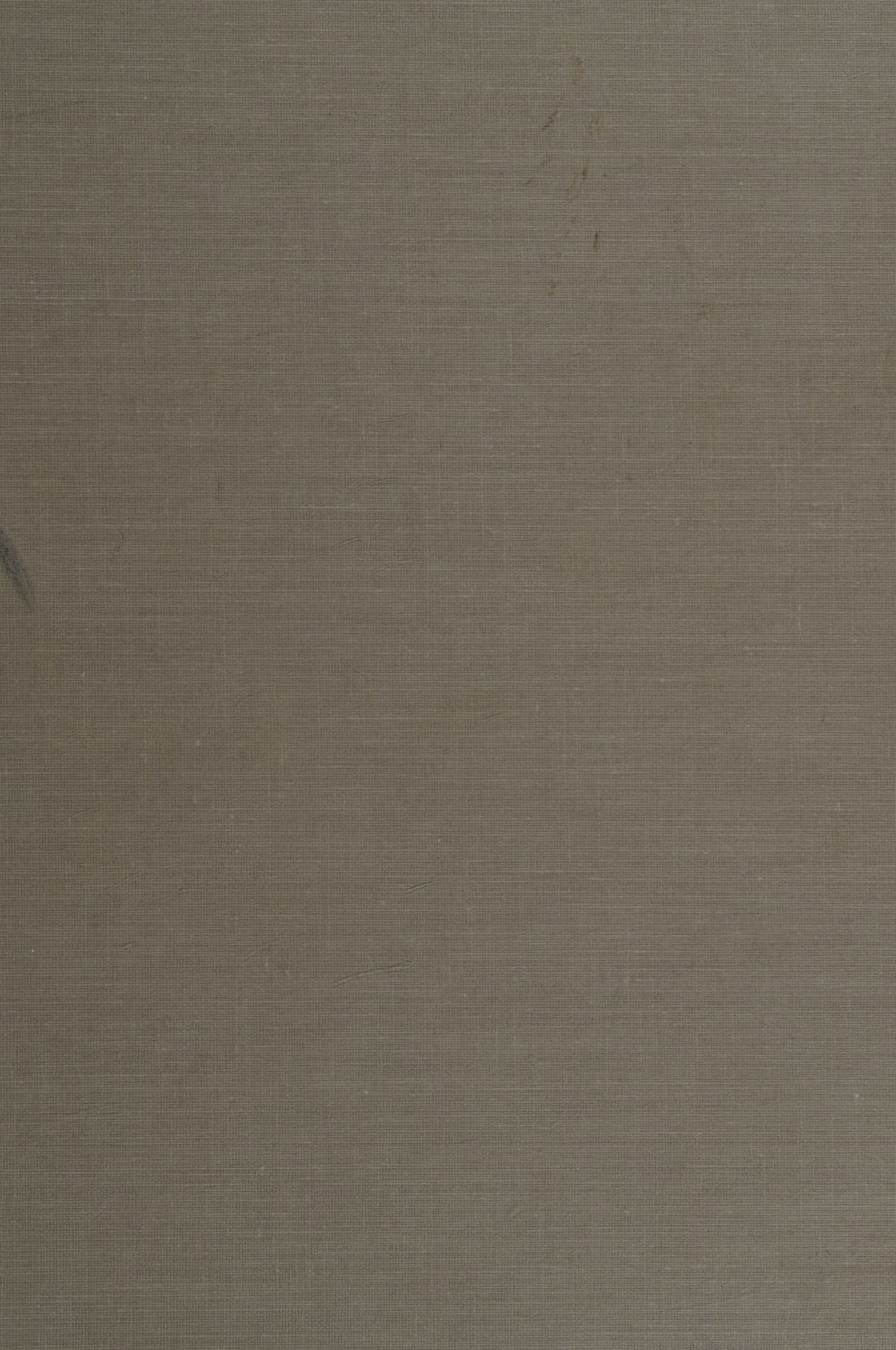As if a quiet branch drew a line . . .
As if a quiet: branch drew a line
so in memory the southern Alpine meadow
with a tree growing in it tenderly inclines
like the footsteps of a beloved person
on water
The little old house
built on the whim of fortune
Scattered sunlight
The lacy blouse hangs on one shoulder
The cheerfully inclined meadow
moves aside to show the lower view
of the polished peaks, mountain terrors
and severe clouds
make the hair stand on end
The effect intensifies with the growl of wild animals
and freedom-loving tigers
Leather-footed hunters humming roughly
set out after meat
The girl sits near the window filled with expectation
the soft parts of her body tremble
Far up ahead the frog-beast
sings his cool song
and here in a carriage the guest drives up
The guest is full of good feelings and infelicitous plans
he's lightwinged and his roughnecks accompany him
The guest stands out against the background of one of them
and turns out to be the forgotten relation
He and one fellow settle in the house
they walk to the small waterfall for water
Their leather armchairs rarely see them
rather, the bright flowers do, often
Sometimes the guest is mysteriously quiet
and then the girl invents her hopes
So in July both of them
put on a performance
Shaggy music, shaggy flowers
The deaf gardner — monument to times past
In the heart all time is trouble. The occasional rain
intensifies everything. Her dresses are characterized
by unchecked fantasy. She tears them wiggling through
the bushes.
What could be more mysterious and beautiful
than July shifting into August
When you walk toward the old trees and
the liquid vineyard plasters your eyes shut
suffering you will remember
the grief of God. the divine shame
that's how it was. how it will be again. Who dares
say she didn't tear her dresses. It was
a pretty face that tore them often
laughed out loud laughed laughed . . . and left . . .
translated by Mary Jane White
From «Secret notebook»
It is good in May, in marvelous wet May, to be the chairman of the All-Russian Extraordinary Committee in the city of Odessa, to stand in a leather jacket on a balcony overlooking the sea. to straighten your pince-nez and breathe in the stupefying smells.
And then to return to the depths of the room — coughing, to light a cigarette and start the interrogation of Princess X, who is deeply implicated in the counterrevolutionary plot and universally known for her great beauty, this twenty-two year old Princess.
* * *
. . . and it's the summer civil war
in the city as hot as a dream
and the leader of the uprising the half-Latin, halt-Russian Victor, and Rita, a woman with straight hair, and the bluish-haired faggot Kendall — all came to my room and stood by the door, and Victor threatened me with his sub-machine gun because I had betrayed the cause of the world revolution for the sake of the thin, spiderish hands of the 15 years old daughter of president Alberti — Celestina. for the sake of her pink dresses and sea smiles, for the sake of her little, child-like peeper and her ever pinched earlobes, for the sake of hedgehogs in the garden of her papa, the hedgehogs and the snails on the fence . . . . All that has brought me to this morning, and my closest comrade and former lover Victor is speaking terrible words in a subdued voice; Kendall, in a thin coat, hysterical as usual, isn't looking at me. And, Rita's tense face . . . .
And little Celestina cried in her bed for hours, her naked child's breasts quivering, and her father — the honorable President has already gone into the capital with a tank unit, and the betrayed west suburbs have been shaken, and comrades have been shot in the courtyards.
* * *
The Japanese restaurant is good in autumn — in dank weather — the hot napkins, the warm sake. When a north-easterner is blowing. And it is especially good before an attempt on the Prime Minister s life, with the last of the money, in whistling November.
* * *
For whisper and orchestra
I kiss my Russian Revolution
On her sweaty, boyish light brown locks
Which spill out from under a sailor's hat
or a soldier's sheepskin headpiece.
I kiss her white, Russian hands covered with scratches
I cry and I say:
«My white, white one! My red, red one!
My gay and my beautiful, forgive me!
I've accepted the Georgian general's service cap for you,
All those, military and civilian
Who grew up on your grave,
All those fat and disgusting worms of the grave,
Those whom I am against. And who are against me and my verse!»
I weep for you in New York. In a city of damp Atlantic winds.
Where the infection grows endlessly. Where people are slaves in service
of lords, who at the same time are slaves, too.
And at night. Me in my dirty hotel. Lonely Russian, dumb. I dream of you, I dream of you all the time. Of you. Who died young and innocent, beautiful, smiling, still alive. With scarlet lips — white neck — tender being. Scratched hands on the strap of a rifle, speaking Russian — my Revolution, my love.
* * *
Fantastic! The pygmies have taken the city of Muchacha! Four feet in height — the radio reports laconically. I was ecstatic. It is pleasant to know that the pygmies have taken the city of Muchacha. Did they think to rape all those big women? And to turn the town?
translated by William Tjalsma

